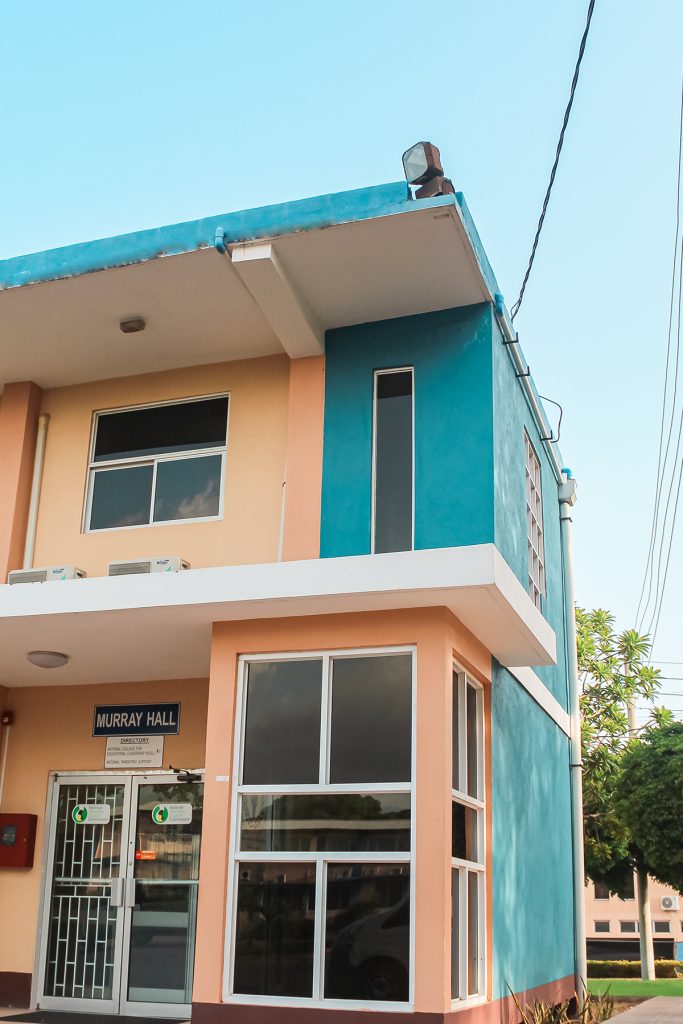Celebrating Child-Friendly Schools in Jamaica: Four Years Later – The Journey Continues
In 2020, the Ministry of Education and Youth, through the National College for Educational Leadership, in partnership with UNICEF Jamaica, embarked on a transformative journey in school leadership development with the inception of Child-Friendly Schools (CFS) course, which has led to more of our schools being mindful about the ways in which they facilitate learning spaces filled with compassion and joy. As we celebrate 4 years of this online, asynchronous course let us reflect on the positive impact these schools have had on the lives of young learners at large, and the remarkable achievements attained.
A Child-Friendly School is one that creates a safe, inclusive and stimulating learning environment. Based on principles contained in the 1990 Convention on the Rights of the Child this means implementing policies, practices and partnerships that support the whole child.
During this post-pandemic era, Jamaica has made great strides to improve and create child-friendly school environments that nurture students’ social, emotional and academic growth. Since the inception of the CFS course, the National College for Educational Leadership (NCEL) has trained 18 cohorts, which includes over 1,100 system and school leaders from all 7 administrative regions. Education officers, principals, vice principals, guidance counsellors, Deans of Discipline, senior teachers and aspiring principals have all participated enthusiastically. Cohort 19 will commence in February 2024 with 60 educators poised and ready to become CFS Leadership Ambassadors.
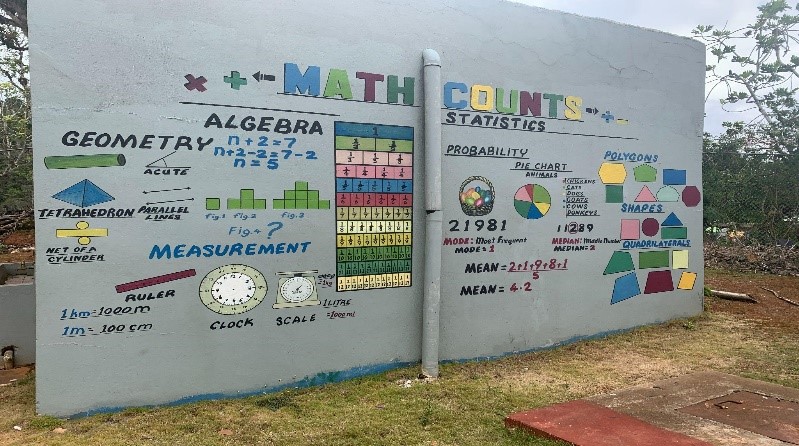
Safe Spaces – CFS schools are working to create positive environments and eliminate corporal punishment and bullying. Classrooms and common areas are designed to be uplifting, positive spaces that also foster a sense of school pride and build life skills.
- Health Services – Many CFS schools now regularly offer basic health services, including on-site vision, hearing, dental screenings and general medical assessments. Schools also provide health education.
- Community Partnerships – Counsellors, social workers and psychologists are partnering with our CFS schools to provide support for mental health and counselling services for students in need.
- Co-Curricular Activities – CFS schools emphasize a coordinated offering of a range of sports, arts, music and skill-building programmes to foster talents.
- Nutrition Programmes – Some CFS schools such as McNie All Age, Region 7 have prioritised access to nutritious breakfast and lunches.
- Upgraded infrastructure – Others have worked on improving key school facilities such as science labs.
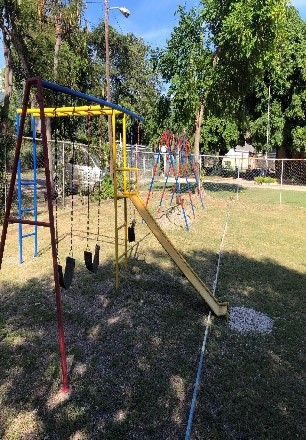
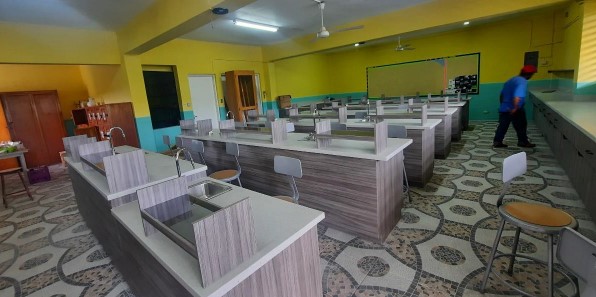
While celebrating the progress made, it is important to keep advocating for continued improvement. Areas that still need enhancement and form part of the overall national education transformation process include: expanding access to technology, further training of teachers in child psychology and inclusive practices, ensuring schools are environmentally sustainable and practicing differentiated instruction and the ongoing upgrading of school facilities.
The additional component of a CFS Post-training Reflection has given the NCEL insight into the creativity, talent and innovations that will continue to unfold in [1]years to come. We know the CFS approach will continue to make its mark on all schools across the seven administrative regions and we are especially proud that our CFS Leadership Ambassadors will continue to facilitate the sharing of CFS Best Practices.
This year, 12 additional CFS Leadership Ambassadors were identified across all regions, including the confirmation of Regional Ambassadors for regions 3 and 5. Congratulations to Mr Rohan Lawrence, Principal of Grants Mountain Primary and Dr Paulette Frank, Senior Teacher at Maggotty High School respectively.
Among these ambassadors, we must highlight and salute our early childhood and multigrade practitioners who have contributed to enhancing their school plants with the integration policies that promote the four principles of Child-Friendly Schools (Inclusivity, Democratic Participation, Child-Centredness and Protection).
With continued effort and commitment from educators, families, communities, partners like UNICEF and the government, we are confident that Jamaica can achieve the goal of having all of our schools be child-friendly schools. Our children deserve learning environments that encourage them to develop, safely in every way.
[1] George-Ann Stewart-Goshen Primary, Judith Richards-Alley Primary, Andrea Rickketts-Kilsyth Primary and Infant, Shelly-Ann Johnson-Pleasant Valley Primary and Infant, Symone Edwards-Johnson-Harewood Primary and Infant, Rohan Lawrence–Grants Mountain Primary, Jacqueline Mullings- Steer Town Primary &Junior High, Carolin Hume-Mt. Alvernia High, Christine Hews-Johnson- Denham Town High, Doreen Evans- Annunciation Early Childhood Institution & Brain Builder Centre, Dr Paulette Frank–Maggotty High, Veronica Parkinson-Burnett- Jamaica House Basic.
Authored by:
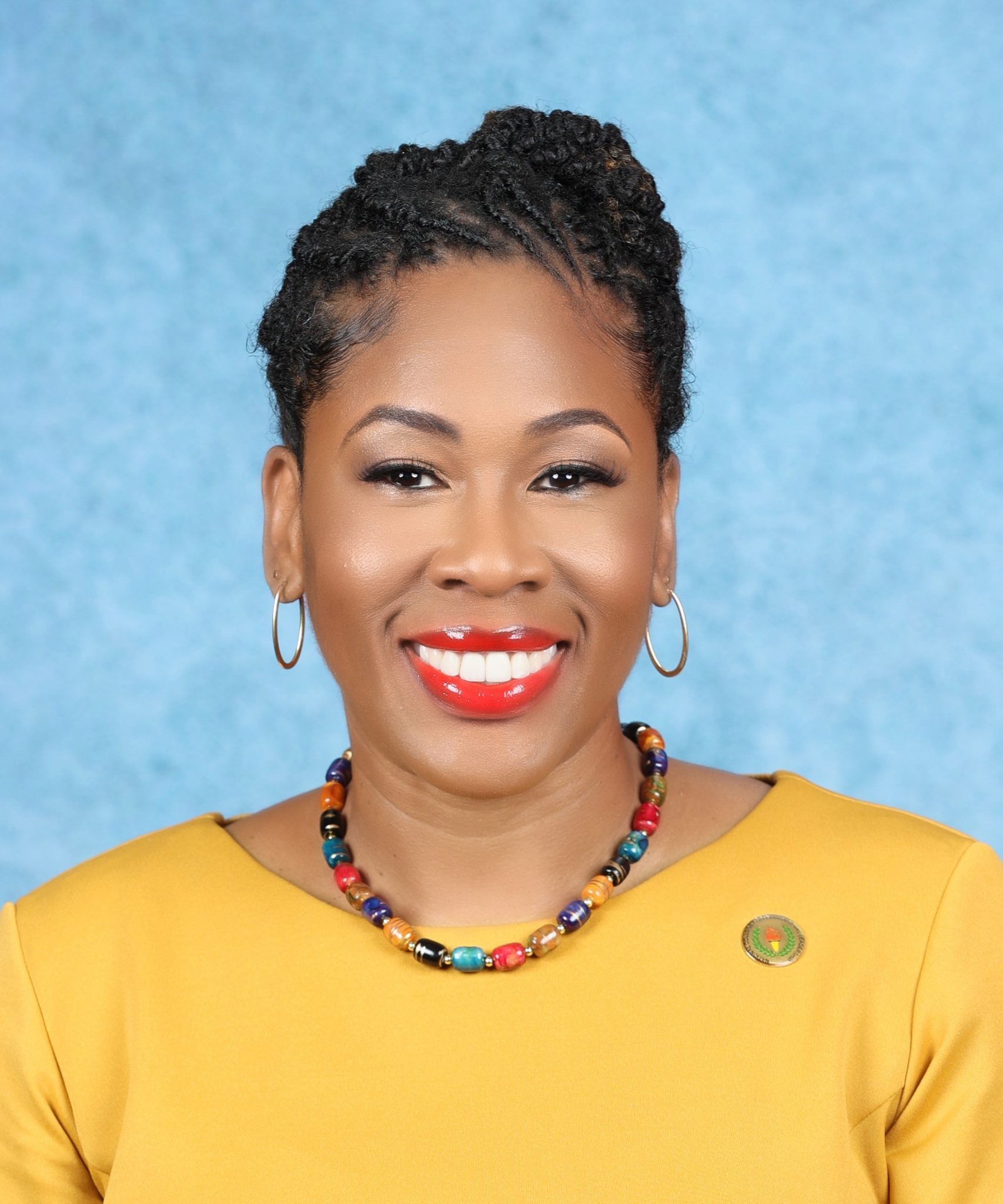
Camielle Michael-Patterson
Programmes Officer
National College for Educational Leadership (NCEL)
January 30, 2024



